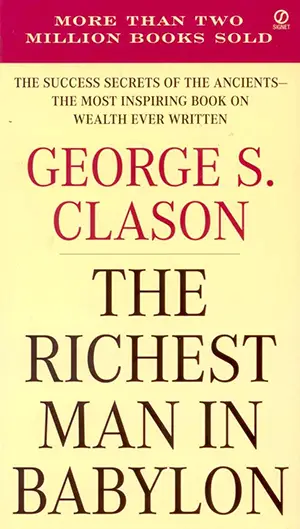UK think tank, NIESR, comments on the UK economy

- Sees unemployment rate hitting almost 10% this year due to “premature” end to the government’s furlough program
- Says government is making a mistake by cutting furlough program in October
- Says that increases the risks of economic scarring
- Forecasts UK economy to shrink by 10.1% in 2020, before growing by 6.1% in 2021
That is one take on the whole situation but if the health crisis gets worse in the coming months, who is to say that the UK government would not use that as an excuse to keep the furlough program running until the year-end.

 The Richest Man in Babylon is a great little personal finance book set as an ancient fictional tale that explains the ‘The Seven Cures to a Lean Purse’ and ‘The Five Rules of Gold’.
The Richest Man in Babylon is a great little personal finance book set as an ancient fictional tale that explains the ‘The Seven Cures to a Lean Purse’ and ‘The Five Rules of Gold’.


